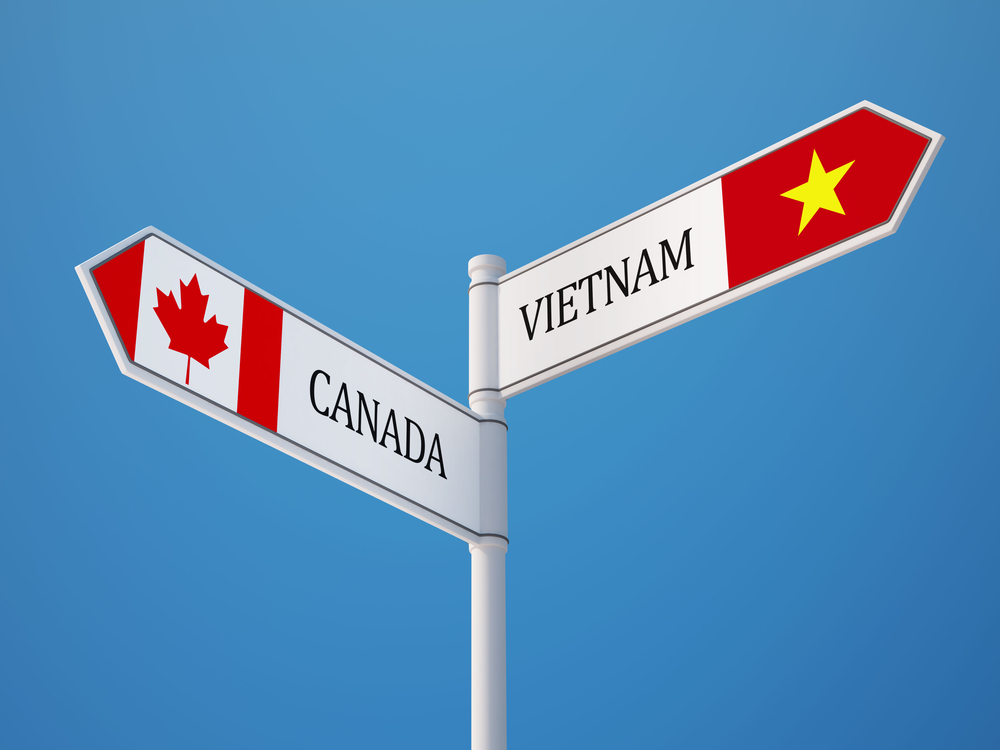Breaking
Senate passes bill that infuriates Vietnam, sparking trade, investment warnings
OTTAWA—The Senate has passed an obscure private member’s bill from a Conservative senator that’s at the centre of a growing diplomatic spat between Canada and Vietnam.
The Vietnamese government is taking offence at the bill, which has sparked warnings that it could harm Canadian trade and investment opportunities with the Asian country.
The bill recognizes April 30 as a national day to commemorate the exodus of Vietnamese refugees and their acceptance in Canada after the 1975 fall of Saigon to North Vietnamese communist forces—a development that ended the Vietnam War.
The Harper government has made it a priority to deepen economic ties with Asia, and Vietnam is certainly a player in the region.
Vietnam is member of the Asia-Pacific Economic Co-operation (APEC) and the Association of Southeast Asian Nations (ASEAN), and is one of the countries with a seat at Trans-Pacific Partnership trade talks.
The bill, sponsored by Conservative Sen. Thanh Hai Ngo, was passed Monday night by a 45-4 margin. From there, it goes to the House of Commons, where it is not clear when—or even if—it will be dealt with.
If the bill is passed by the Commons, it will “have an adverse impact on the growing bilateral relations between Vietnam and Canada, as well as efforts devoted to broaden and deepen our ties, including trade and investment relations,” said Viet Dung Vu, a diplomat with the Vietnamese embassy in Ottawa.
In an emailed response to questions, he added: “It will send the wrong message to the public of Vietnam and the international community about Canada’s goodwill toward our country.”
Vietnam’s ambassador To Anh Dung expressed “concern” to Foreign Affairs Minister John Baird about the bill as recently as Monday night at a Parliament Hill reception, Vu said.
“The government of Vietnam (the embassy included) has made many representations to different levels of the government of Canada and leaders of Parliament expressing our serious concerns about the language and intent of this bill,” he said.
Baird’s spokesman Adam Hodge said Vietnam is a “strong and valued partner, including in the TPP negotiations.
Vietnam’s ambassador to Canada and the Vietnamese Deputy Prime Minister Pham Binh Minh have written separate letters to the government expressing concern.
The Canada-Vietnam Trade Council warned in a letter to the Senate’s human rights committee that the bill would negatively affect the government’s economic aspirations because it would so divisions among Vietnamese Canadians.
“The proposed bill not only would damage diplomatic relations with Vietnam, but also would have a strong, negative impact of further dividing an already terrorized and divided community,” wrote Dai Trang Nguyen, the council’s director.
“This is in turn would have an adverse effect on trade and investment between Canada and Vietnam, given the important role of Vietnamese Canadians in supporting trade links.”
He said the bill reflects the view of less than five per cent of Vietnamese Canadians and promotes a view “of the past, of hatred, of negativity, resulting in neglect of the well-being of future generations.”
The Liberal leader in the upper chamber, Sen. James Cowan, accused the government of blocking the Vietnamese ambassador from testifying before the Senate about his concerns.
“The government permitted only witnesses who spoke in favour of the bill to testify before the committee,” Cowan said in the Senate on Monday night after abstaining from the vote.
“Individuals, including the ambassador of the Socialist Republic of Vietnam, requested the opportunity to appear, and the government denied them that opportunity.”
Conservative senators did not rise to challenge Cowan’s assessment.
In an interview Tuesday, Cowan questioned how the government could approve such a contentious bill when it is trying to make economic inroads in Asia, including Vietnam.
“We’re trying to improve relations with Vietnam. We’ve signed a memorandum of understanding to increase trade and cultural connections,” Cowan said.
“Why you would want to stir up divisions?
I don’t understand.”
Hodge reiterated a past comment that bill is “not a government bill” and that MPs and senators are free to introduce private member’s legislation.






















